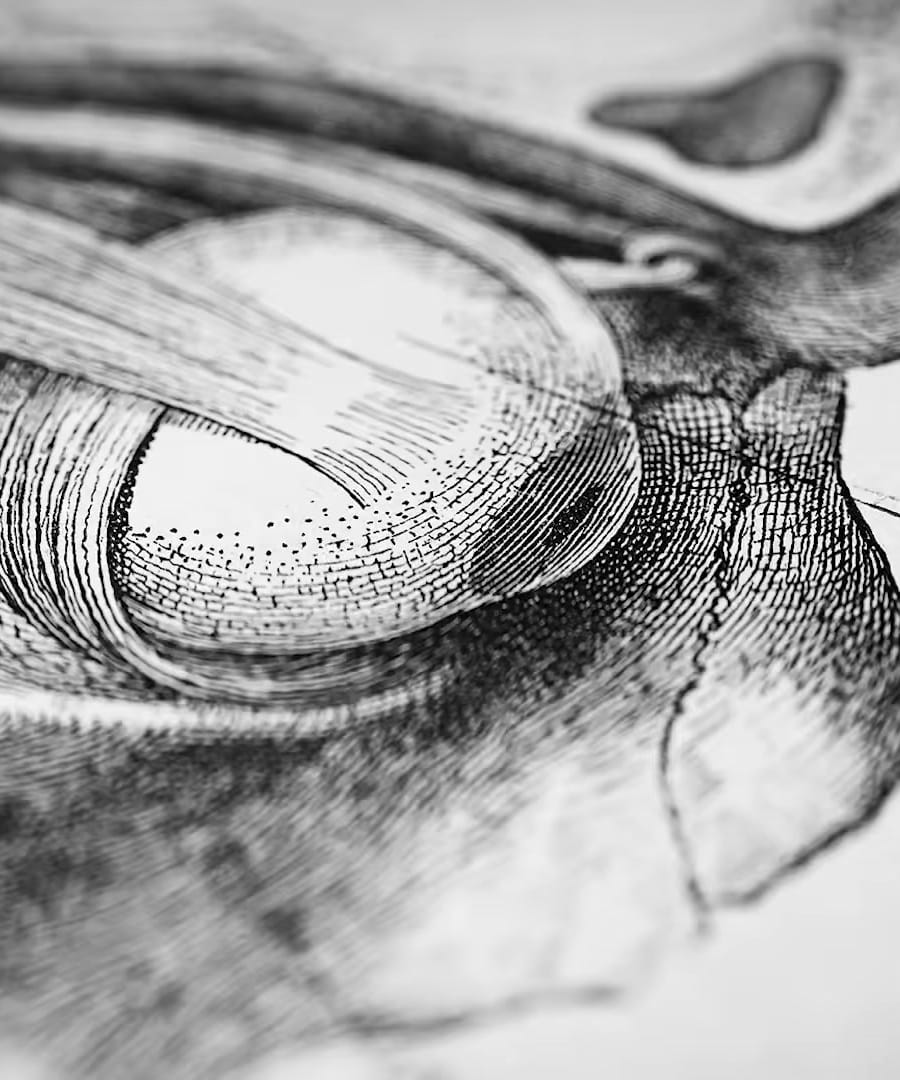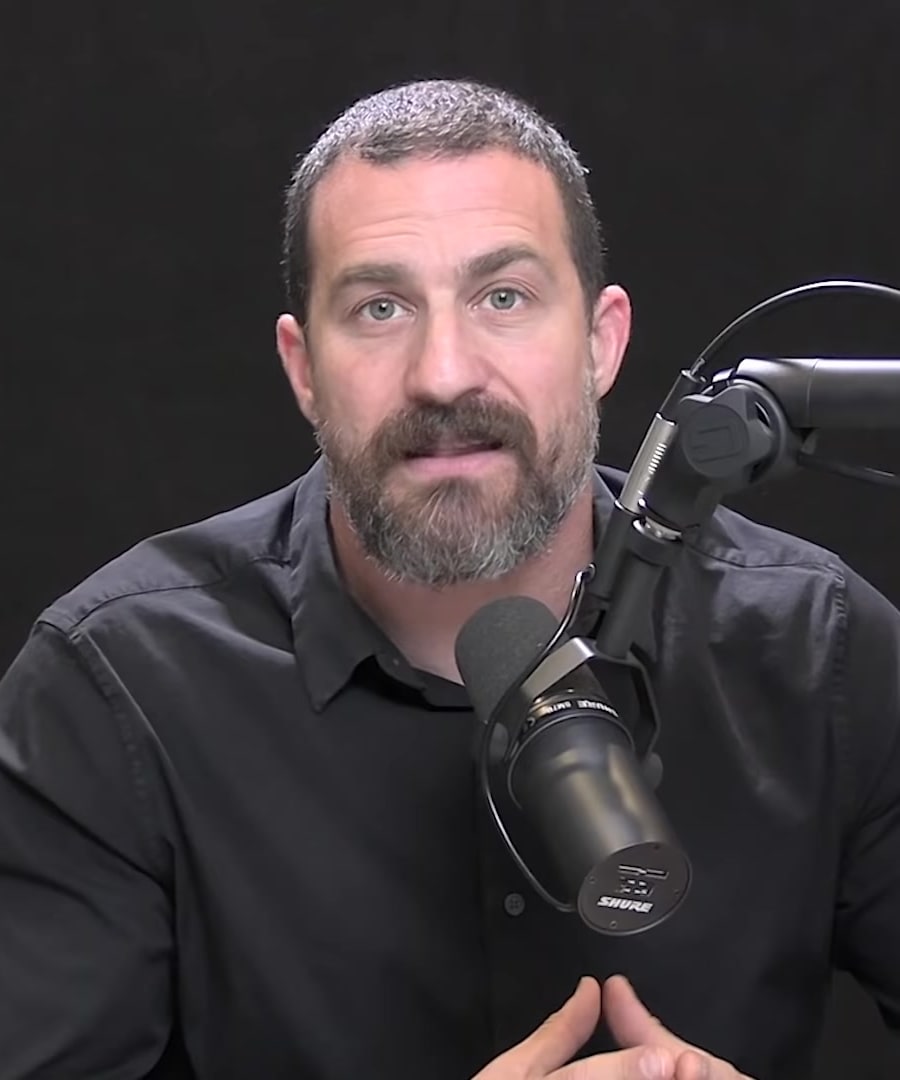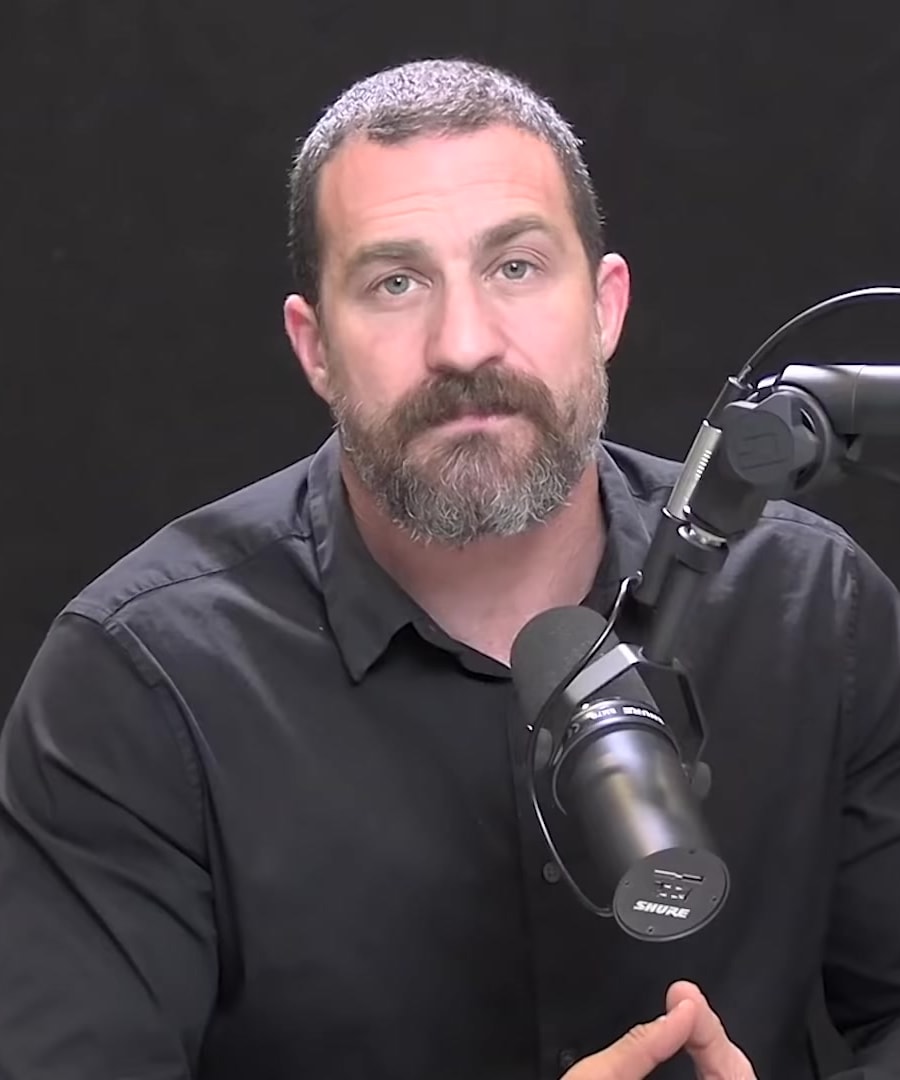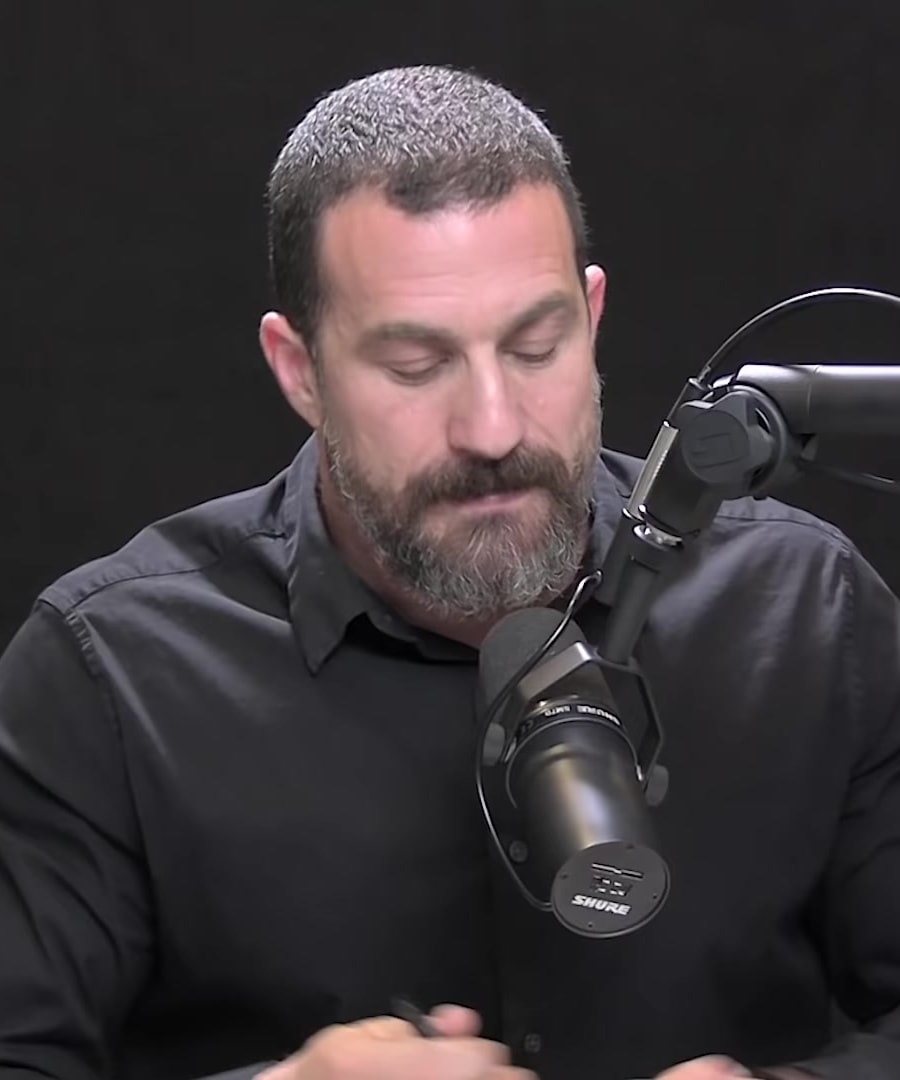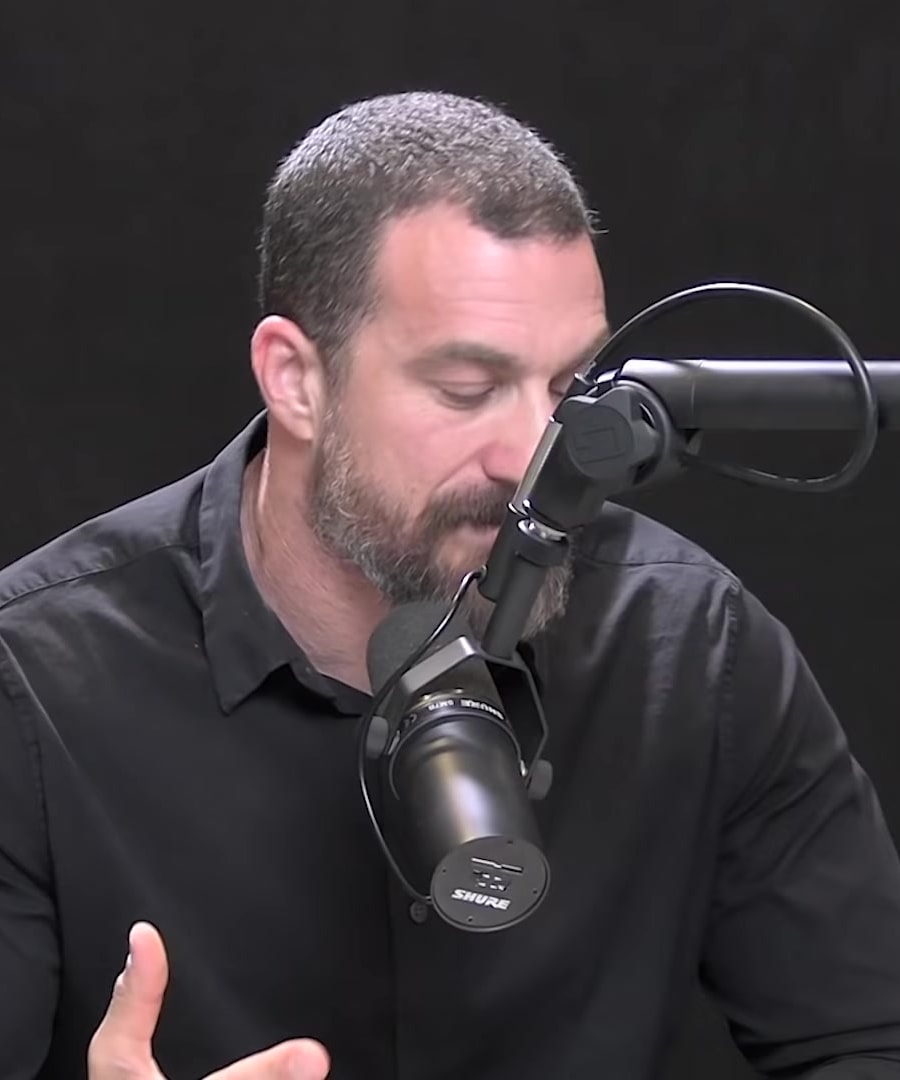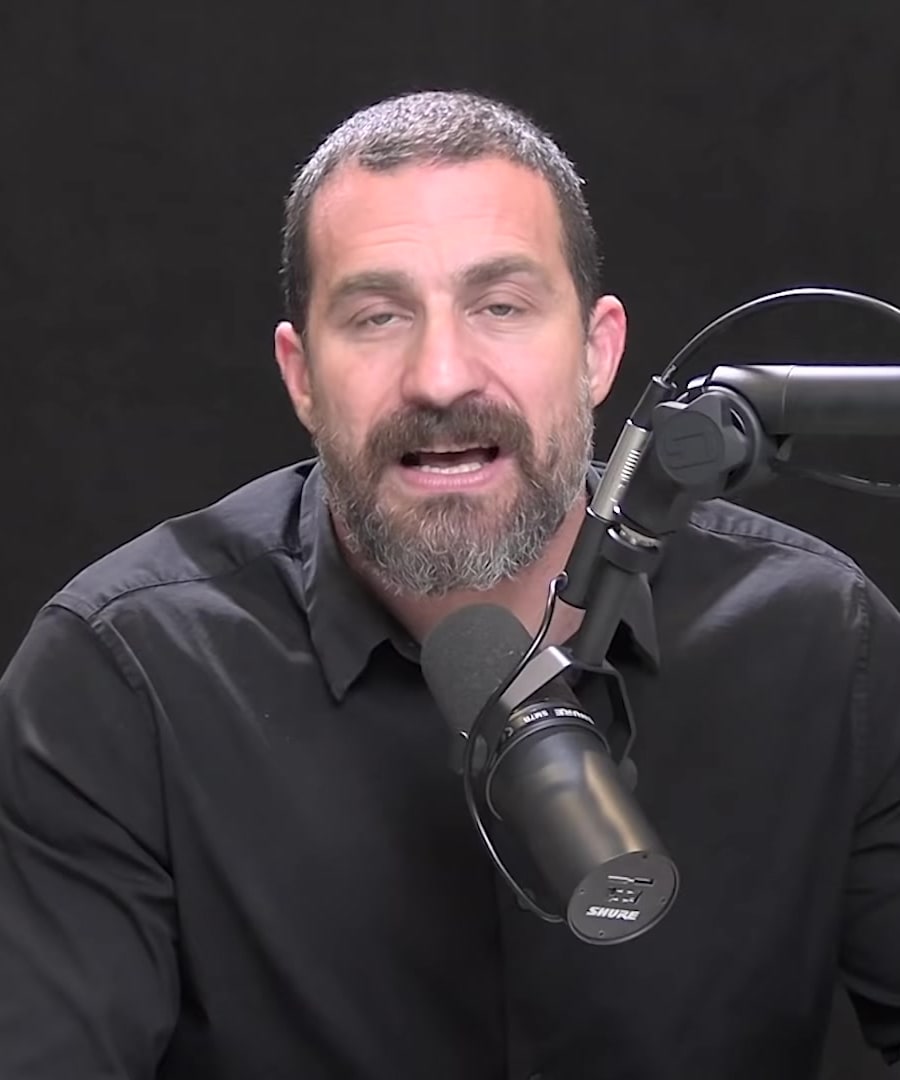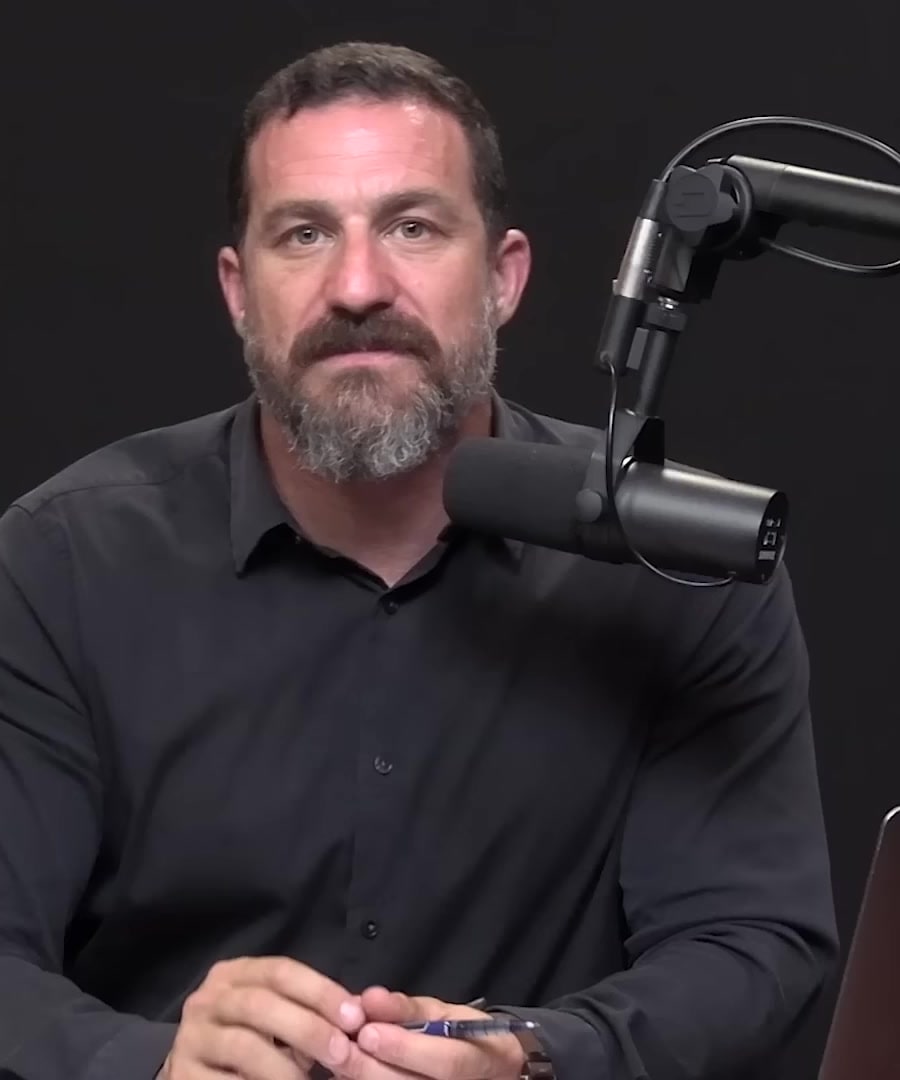Tell me everything andrew has talked about on goals
Sources:
has extensively explored the topic of goals, discussing various aspects from the neuroscience behind goal-setting to practical strategies for achieving them. Here are the key points he has covered:
Neuroscience of Goals
- There's a single neural circuit responsible for pursuing all goals, involving basic neurochemical mechanisms.
- Embracing errors can enhance learning and goal achievement due to the heightened focus it triggers after making mistakes 1 2.
Setting and Achieving Goals
- Goals should be significant, yet realistic and achievable. Extremely high or impossible goals are less effective 3 4.
- Goals need to be specific, measurable, attainable, realistic, and time-bound (SMART method) 5.
Practical Strategies
- Limit the number of goals to avoid distraction. Pursuing one to three major goals a year is often optimal 3.
- Use visual system practices such as "space-time bridging" to align vision, space, time, and reward systems for better goal pursuit 6.
- Optimize your environment by reducing visual and cognitive clutter to maintain focus on your goals 3.
Motivation and Focus
- Adequate sleep, proper nutrition, and managing personal issues are crucial for maintaining motivation and focus during goal pursuits.
- Attention and motivation are influenced by circadian rhythms, with natural rise and fall patterns that can be leveraged for better goal achievement 7.
Additional Insights
- Forecasting failure can sometimes be more effective than forecasting success for motivation and goal achievement 1.
- Defined protocols for goal execution include measuring progress and regular assessment to adjust strategies and ensure alignment with ultimate goals 6 5.
To delve deeper, you can check out the relevant episodes on the podcast, such as:
RELATED QUESTIONS
Tell me everything andrew has talked about on goals
- RELATED QUESTIONS
